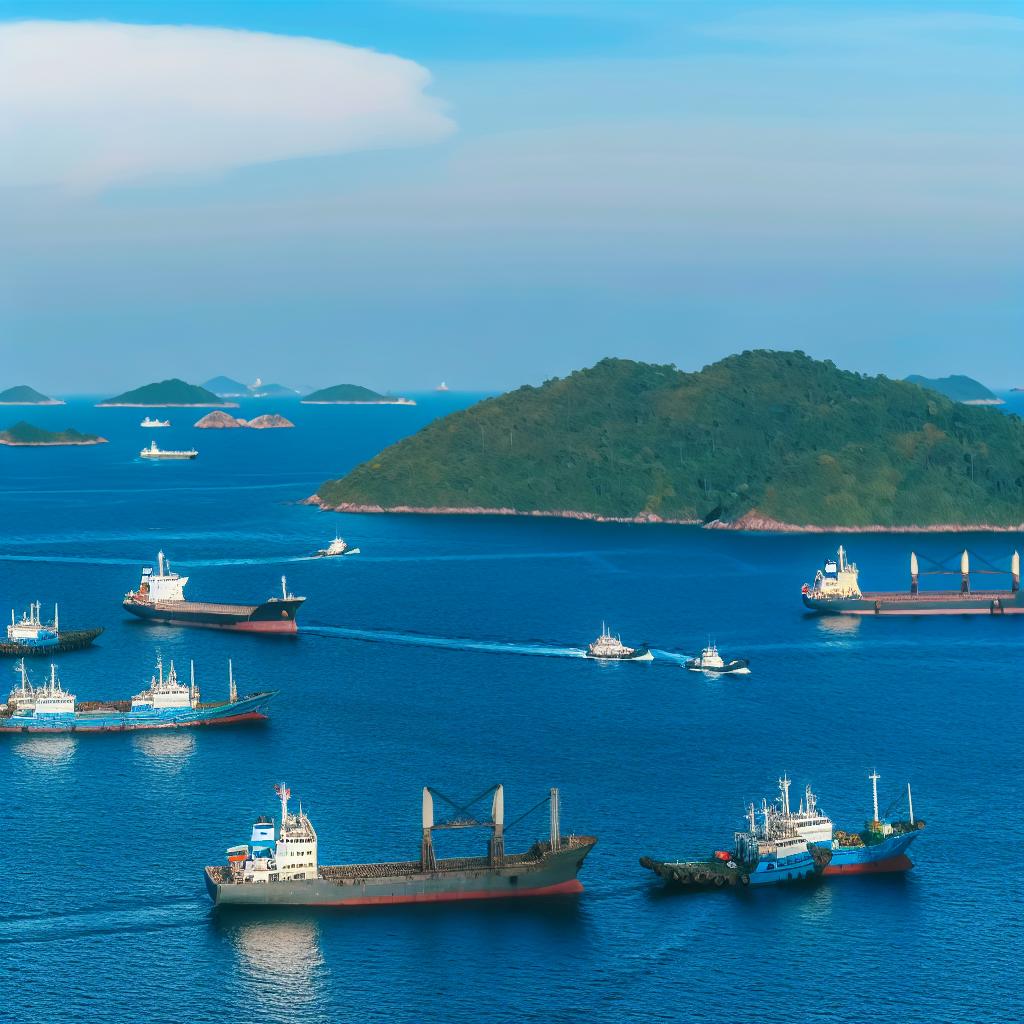The United States faces a unique challenge as a global power without control over its commercial shipping.
Lacking ships, shipbuilding capabilities, and ports, the nation heavily relies on foreign partners for economic security. This dependence becomes critical in times of conflict in the western Pacific, where the U.S. lacks the means to protect its interests or those of its allies. To address this, a comprehensive national maritime strategy is imperative, yet currently absent. Such a strategy must involve significant investments and closer collaboration with key allies.
Presently, China holds a significant advantage in maritime power, controlling over half of global shipbuilding and owning a vast commercial fleet and ports worldwide. In contrast, the U.S. ranks low in shipbuilding and lacks significant maritime assets. Over 80% of global trade and military supplies rely on shipping, yet the U.S. depends heavily on foreign maritime partners.
Efforts to bolster maritime capabilities must encompass multiple fronts, including expanding the navy, securing shipping lanes, ports, and shipbuilding capacity. While the U.S. seeks to strengthen its own capabilities, allies play a crucial role. Allied nations have invested significantly in shipbuilding and shipping, offering valuable support.
Despite ranking fourth in ship ownership by value, the U.S. lacks assured access to ships, necessitating contracts with allied firms for military transportation. Similarly, the nation lacks ownership in overseas ports, contrasting sharply with China's extensive port ownership. Coordination within government agencies and with port operators is essential to ensure access to vital ports during conflicts.
Shipbuilding in the U.S. faces challenges, with a decline in capacity and heavy reliance on military contracts. Collaborating with allies for ship maintenance and exploring multinational construction programs could address these limitations.
Securing sea lanes is becoming increasingly challenging, with growing threats and tensions globally. The U.S. Navy's fleet faces a significant gap compared to China's expanding naval power. Addressing these vulnerabilities requires urgent action and a strategic approach that prioritizes cooperation with allies to maintain maritime security.





